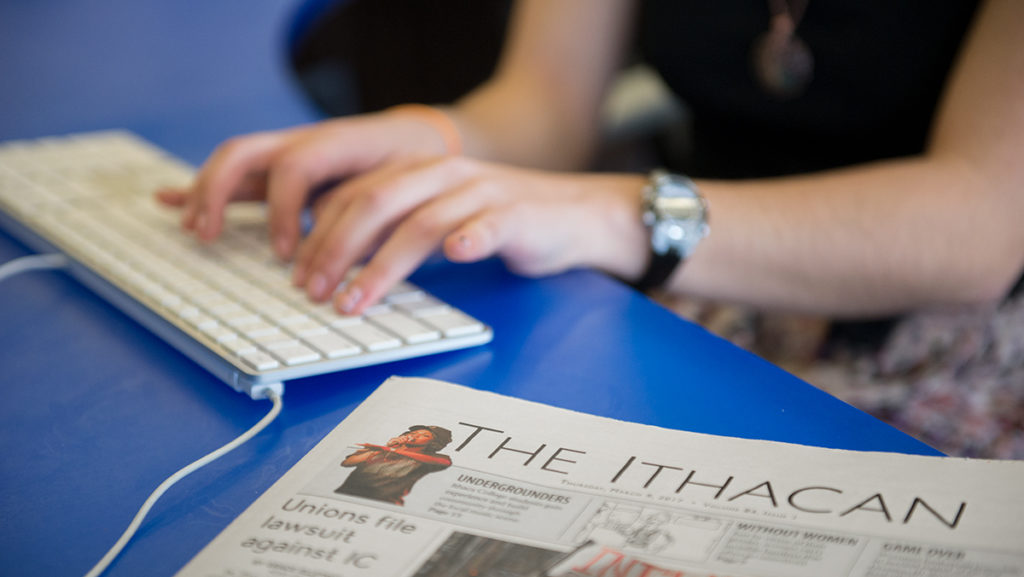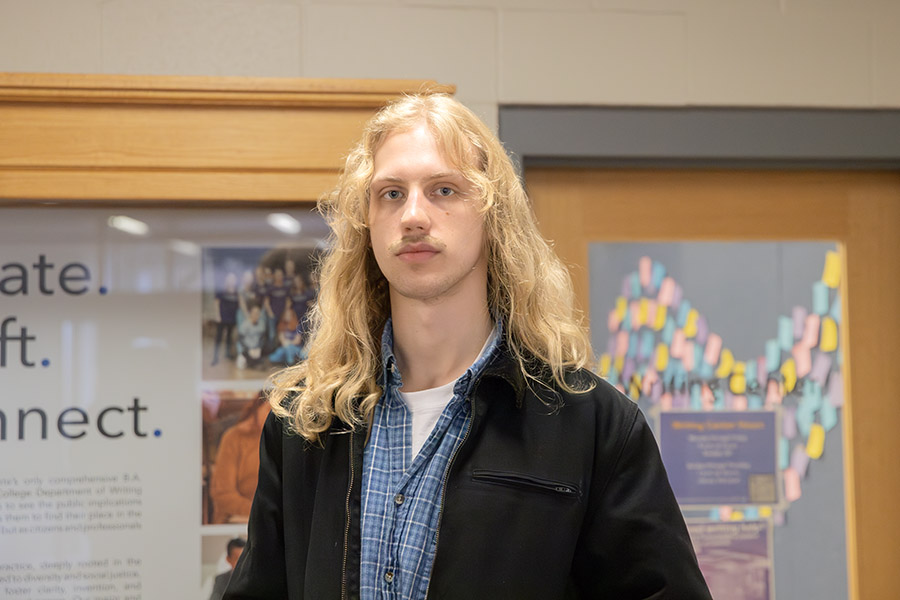Over the past two years, The Ithacan has reported on discrimination and exclusion against members of the LGBTQ community committed by Lighthouse Christian Fellowship — formerly the Protestant Community (PC). As a Lighthouse council member, I am speaking on behalf of the organization when I say we accept full responsibility for harm and hurt towards individuals in the past. However, in Issue 87 of The Ithacan, an editorial was published stating that Lighthouse’s recent name change was a “well-intentioned first step to improving a community that has faced years of turmoil,” implying that no other steps had been taken to make Lighthouse more inclusive. However, as a second-year member of this community, I have experienced the changes taking place to make Lighthouse accessible to all students on campus.
During the first Evensong that I attended, the former Chaplain of the PC, James Touchton, spoke of the discrimination and exclusion that had occurred in the community throughout the past school year. Touchton clearly stated that the community accepts full responsibility for the hurt inflicted and proceeded to discuss future grievance policies if something like this were to happen again. After hearing this, I was disappointed, but also confused. From the moment I walked into the chapel for that first Evensong, I was welcomed with open arms, and so was every other new member. Even though I was wary towards Lighthouse because of past actions and the reputation The Ithacan bestowed upon the organization, I returned because I was looking for a Christian community at IC. However, as a first-year in the organization and now as a sophomore student-leader, I saw the community continue to acknowledge its shortcomings and have been witnessing steps being made in attempt to heal past wounds.
As a Lighthouse council member, I am able to experience firsthand changes the organization is making to increase inclusivity in the community. Liz Bierly, chair of Lighthouse, conducts discussions at weekly council meetings regarding possible barriers preventing individuals from joining the community and how we can work as student-leaders to break those walls down. As I stated earlier, Lighthouse has also put grievance policies into effect to make sure all issues, big or small, are addressed properly in the community. These policies are discussed at the first Evensong of each semester and are printed in pamphlets which are made readily available at all Evensongs to ensure community members are aware of how to handle an issue. Lighthouse also works with Debbie Bennett-Reynolds, lead pastor at the First Baptist Church, which is an LGBTQ-affirming congregation. Bennett-Reynolds leads a weekly Bible study where community members are able to lovingly engage in theological discussions regarding inclusivity no matter on what end of the religious spectrum you fall.
While issues of inclusivity and discrimination cannot be solved overnight, it is important to recognize that Lighthouse has been making efforts for over two years in order to make the community welcoming to all. To experience these changes firsthand, anyone will be welcomed to Lighthouse’s Wednesday evening worship services, regardless of their “race, creed, color, sex, class, age, nation of origin, nationality, gender identity or expression, disability, marital status, military status, or sexual orientation,” as stated in Lighthouse’s constitution.











